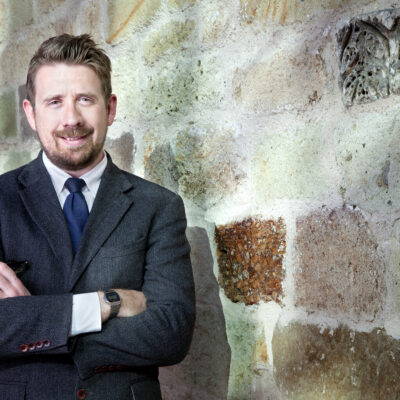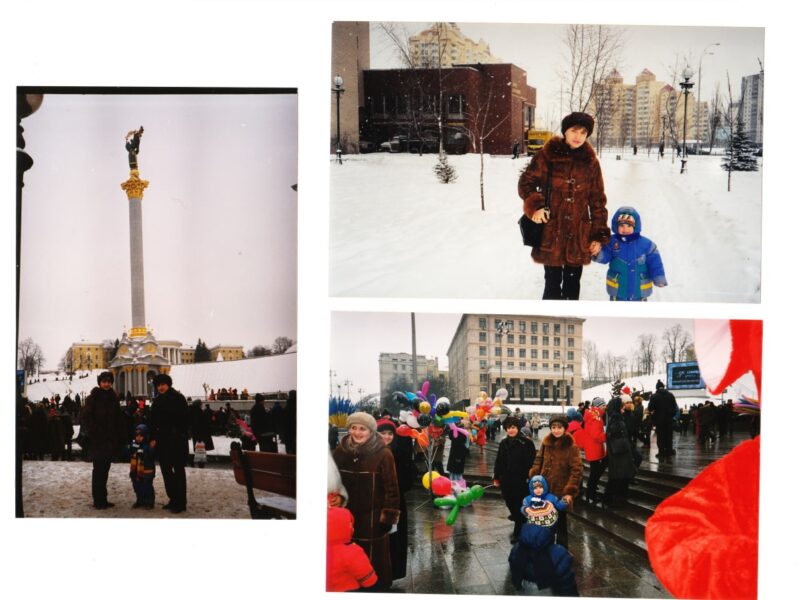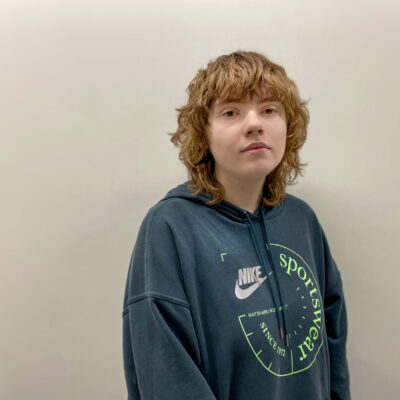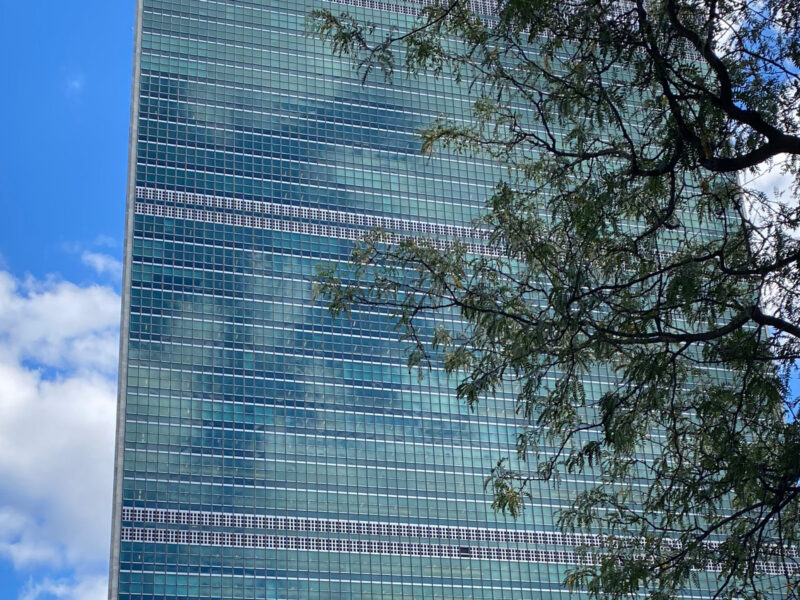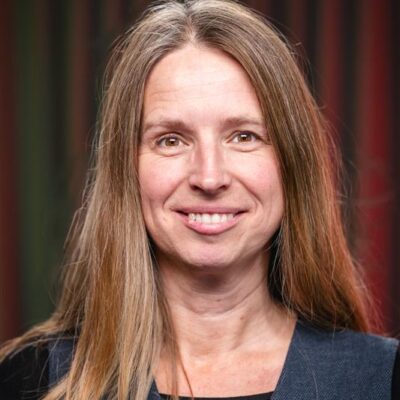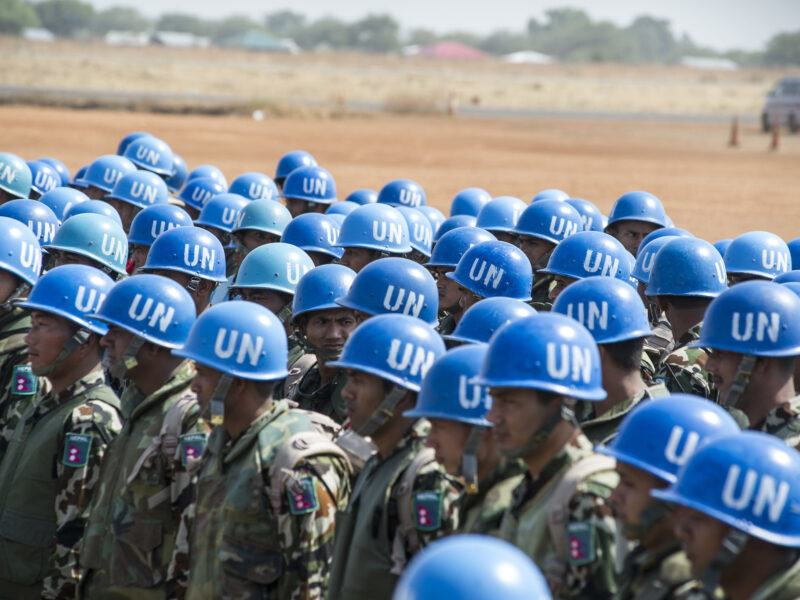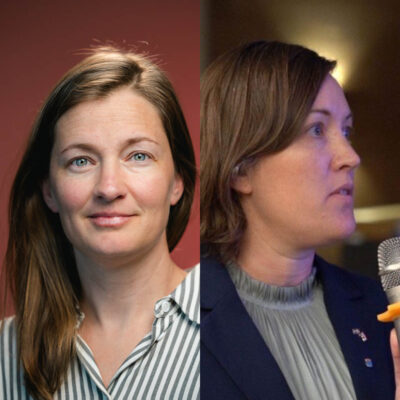‘May you live in interesting times – in Ukraine’
Almost six months ago I wrote about the prospects for reform in Ukraine following the decisive election of a new president and parliament, driven by the desire of the voting public for major reform and stabilization of a country still involved in an ongoing conflict.
Since then, the new government has frequently been tested by complex challenges at home and abroad, testing its endurance while already challenged with the immense task of reforming and restoring public trust in law enforcement institutions.
Somehow, to its credit, Ukraine has managed to weather frequent international crises. Nevertheless, the desire of Ukraine’s people remains as strong as before: government institutions and services that can be trusted to provide safety, security, and justice, both reformed to the modern standards of its European neighbours and free from the interference of corruption.
In this environment, the work of the European Union Advisory Mission in Ukraine, and the collective efforts of our 18 Swedish colleagues here (both representing FBA and Swedish police, prosecutorial, and public safety agencies) remains as challenging and as relevant as ever to the hopes of ordinary Ukrainians for effective law enforcement institutions and a closer relationship with the European Union.
The Mission’s staff, almost 350, carry out their work both at the headquarters level (in Kyiv) and across four field offices in Lviv, Odesa, Kharkiv, and Mariupol (which opens in June). Its three main tasks are to strategically advise the Ukrainian government on civilian security sector reform, to support the implementation of reforms through hands-on advice, training, and projects, and provide cooperation and coordination to ensure that reform efforts are coordinated with Ukrainian and international actors.
It is a challenging task, and progress depends both on our own engagement, expertise, and coordination, and on factors we can’t affect (like the massive efforts needed within Ukraine to plan and coordinate reforms, endure an ongoing military conflict, and maintain a stable and unified government and parliament.)
While it may sound like a mission impossible to make lasting change in such a volatile environment, the setting is not so unfamiliar when you have worked in the field of security sector reform in the past. When I last wrote about Ukraine, I said that ‘reform is neither a marathon nor a sprint, but both’, a lesson I learned some years ago in Kosovo. I still think that it is true.
For some of us in this mission, the race is a marathon, focused on maintaining a steady pace, looking for prospects to make gradual progress and build long-lasting institutions for structuring our work, passing it on to new advisers and experts, and making incremental changes that nevertheless point in a positive direction.
For myself, as a coordination and cooperation officer, this comes in the form of developing practical tools and formats for improving coordination among donors and implementers of international support, including a shared training calendar for key international donors and trainers to ensure we deliver consistent and complementary expert trainings across Ukraine.
For other Swedish colleagues, the work is entirely different, a sprint to keep up with rapid changes and reforms in Ukraine’s General Prosecutors Office, where political will and commitment has led to a ‘turbo reform’ period to restructure institutions entirely and promote new improvements like electronic case management systems, and recertification processes to ensure that prosecutors are qualified and free of corruption.
I might indeed need to update my past ‘lesson’ for this mission and say that sometimes ‘one leg needs to run a marathon and the other needs to sprint…’ Well, we will see.
In any case, the example of Ukraine is a reminder, for those in our field, that we must be flexible and prepared for the moments where sudden changes in the reform environment require us to catch a wave of political momentum and provide practical support to major changes, but also patient and methodical in providing strategic advice, hands on assistance and training, and cooperation/ coordination with other international actors.
In Ukraine, we can only deliver such help on the ground successfully if strategic advice at the central level has resulted in effective strategies, priorities, and plans delivered with government leadership, underpinned by legislation that empowers and clarifies the roles of police, prosecutors, and investigators in the field.
Meanwhile, the best formulated projects and training programs are only effective if other international actors operating in Ukraine are included in the process, sharing their training activities, methodologies, and definitions to ensure that we and our partners are speaking the same ‘language’ to Ukrainian colleagues.
There are many moving pieces to keep track of, especially in Ukraine. Keep it in mind the next time you see Ukraine pop up in the news.
av Andreas Berg
